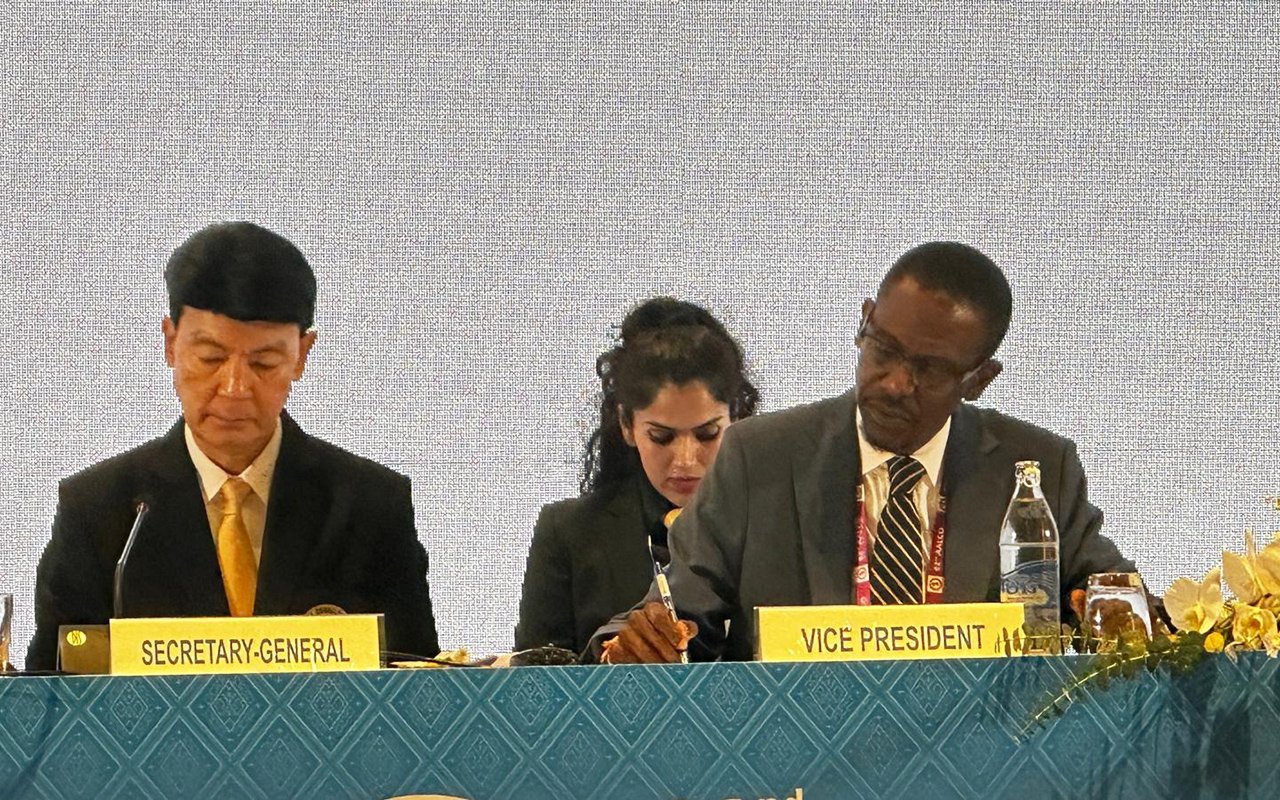Prime
VP Alupo urges collective efforts to improve sanitation

Vice President Jessica Alupo launches the ‘WASH is Everyone's Campaign’ at Sheraton Hotel in Kampala on August 20, 2024. PHOTO/HANDOUT
What you need to know:
- According to Alupo, poor sanitation and hygiene have partly contributed to high learner dropout rates in Uganda.
Vice President Jessica Alupo has called for collective efforts between government and private sector stakeholders to address barriers in the access to Water, Sanitation and Hygiene (WASH) services.
Speaking on Tuesday during the unveiling of the ‘WASH is Everyone’s Business Campaign’, Alupo noted that there is inadequate access to gender responsive WASH services, which negatively impacts women and girls.
The campaign is themed: “WASH away inequality: Access to water, sanitation, and hygiene for every woman and girl.”
“Addressing the lack of access to WASH services calls for our collective action from both the government and development partners to solve issues of WASH infrastructure deficits, cultural norms in our communities and institutions,” Alupo noted in Kampala.
According to Alupo, poor sanitation and hygiene have partly contributed to high learner dropout rates in Uganda.
Alupo said she expects the WASH campaign to amplify voices for scaling up access and provision of gender-responsive services for women and girls in Uganda.
In the FY 2024/25 budget, Uganda allocated Shs10.216 trillion for healthcare, education, water sanitation and hygiene.
However, WASH sector players note that this funding is so low.
“Government is committed to provide gender responsive WASH services through increased budget allocations so that no one is left behind as envisaged in the Sustainable Development Goals,” Alupo said.
Speaking at the same function, WaterAid Uganda country director Joyce Mpalanyi Magala said access to gender-responsive WASH services remains a pressing challenge.
Currently, water coverage in rural areas is estimated at 67 percent, and 73 percent in urban areas. Out of 71,225 villages, only 56,617 villages have been served with at least one safe water source by the government.
Magala stated that inadequate WASH services disproportionately affects women, exposing them to Healthcare-Associated Infections (HAIs).
Treating HAIs cost Uganda approximately $123 million in 2022, accounting for 7.9% of total health expenditure, according to a 2022 WaterAid and World Bank report.
“Collaborate with non-state WASH actors to raise awareness and increase citizen engagement in demanding improved access to gender-responsive WASH services for women and girls in Uganda,” Ms Magala said.
WaterAid East Africa regional director Leah Kaguara noted that lack of WASH worsens the inequality gap.
“Achieving universal coverage by 2030 will require a 6-fold increase in current global rates of progress on drinking water, a 5-fold increase for sanitation, and a 3-fold increase for hygiene. I am glad that this campaign is focused on advocating and amplifying voices for scaling up access and provision of gender-responsive WASH services for women and girls in Uganda,” Kaguara said.




